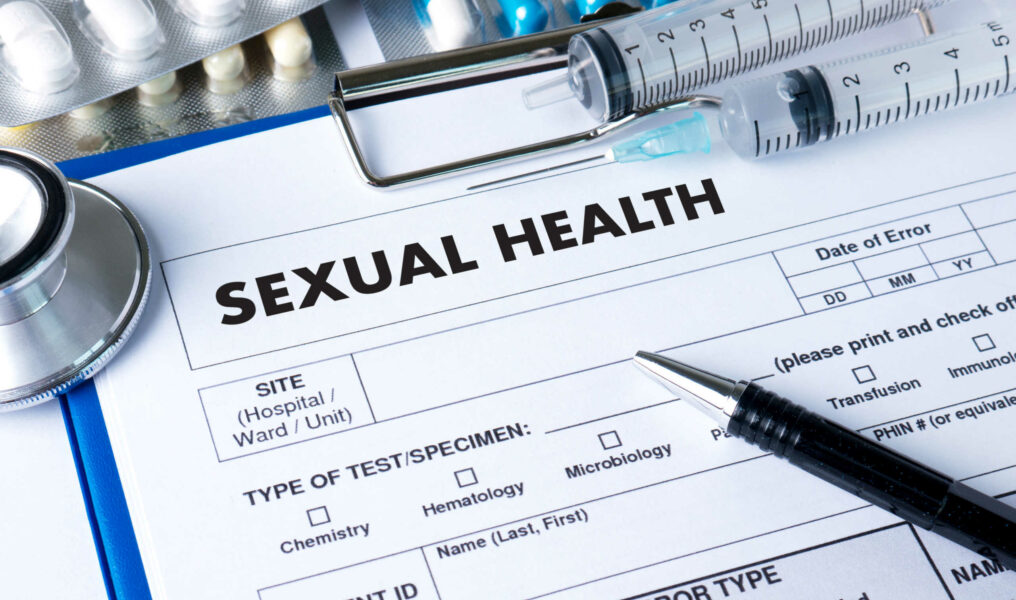LANSING — Recent analyses of new reports of sexually transmitted diseases by the Michigan Department of Health and Human Services STD Epidemiology program has detected a significant increase in the number of reported gonorrhea infections across the state.
In 2019, Michigan reported 18,264 gonorrhea infections. This annual number has already been surpassed as of Oct. 31, pointing to a 22% increase in reported gonorrhea infections for 2020.
This increase is even more alarming as it is likely an underestimate of the actual burden of disease due to decreased testing for STDs during the pandemic. While under normal circumstances the response to such an increase would include a call for broader testing, there is a national shortage of collection kits and laboratory supplies used to test for gonorrhea.
"A shortage of testing supplies during a significant statewide increase in cases presents an alarming potential for a host of negative health outcomes for Michiganders," said Dr. Joneigh Khaldun, chief medical executive and chief deputy for health for MDHHS. "Because laboratory testing is challenging at this time, it is imperative that medical providers continue to clinically diagnose and treat suspected cases of gonorrhea to slow the spread in our state."
In support of STD providers, public and private, the Centers for Disease Control and Prevention has released guidance to provide recommendations on clinical STD service challenges, including guidance on presumptive diagnosis and treatment of STDs during the pandemic. Critical to the current gonorrhea increase and supply shortage, and because of pressure on the public health system, CDC and MDHHS urge providers to evaluate and treat patients presenting with signs or symptoms of infection, regardless of laboratory confirmation.
Additionally, MDHHS has expanded the approved use of Expedited Partner Therapy to include individuals diagnosed with T. vaginalis and for men who have sex with men diagnosed with uncomplicated gonorrhea. EPT should be used broadly and include patients that are presumptively diagnosed.
The MDHHS Division of HIV and STD Programs, in partnership with the New York STD/HIV Prevention Training Center, recently conducted a webinar on presumptive diagnosis and expanded use of EPT. A recording can be viewed online.
Understanding risk, consistently and correctly using condoms, reducing the number of partners and abstaining from sex are all effective prevention strategies. Michiganders should consult a health care provider if they are sexually active and are experiencing pain when urinating, increased discharge, soreness or vaginal bleeding between periods, as these may be signs of gonorrhea or another sexually transmitted infection.
For more information, visit Michigan.gov/hivstd.










